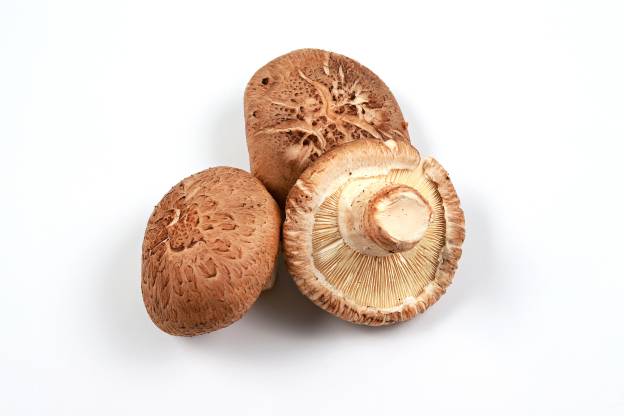Connect with a verified veterinarian in minutes. Licensed vets are available 24/7 to answer your questions. No need to worry about your furry family member.
Mushrooms are common in humid areas, where they sometimes grow quite prolifically! However, some mushrooms, such as the Agaricus mushroom, are also used for medicinal purposes. Some individuals use Agaricus mushrooms for different reasons. But what happens if a dog becomes curious about these mushrooms and eats one? Can a dog eat Agaricus mushrooms?
Has your dog eaten an Agaricus mushroom? Are you worried that an Agaricus mushroom will make your dog sick? If so, you’ve come to the right place. We understand it can be scary when your dog eats something like this.
We’ve gathered information about Agaricus mushrooms and whether they can make a dog sick. Let’s get started!
What are Agaricus Mushrooms?
Agaricus mushrooms are that known as saprobes, which means they survive primarily by decomposing dead or decaying organic matter. These mushrooms are not brightly colored, like some other mushrooms. When mature, the mushroom’s gills become free of the stem and are dark brown. These mushrooms have a “partial veil” that forms a ring around the stem. These mushrooms are usually found in woodlands or in areas without trees.
Humans use Agaricus mushrooms medicinally, for example, to treat hay fever, cancer, heart disease, diabetes, boost the immune system, fight tumor growth, and more.
While Agaricus mushrooms can be safe for humans (when used as directed), what about dogs? Can agaricus mushrooms make a dog sick?
Agaricus Mushrooms & Dogs
Fortunately, Agaricus mushrooms are not toxic to dogs. However, they can make a dog sick. Symptoms may show up within 1-6 hours after ingestion.

Review symptoms, medications & behavior to keep your pets healthy with a Vet Online in just minutes.
Ask a Vet Live NowSymptoms of Agaricus Mushroom Ingestion in Dogs
You may notice these symptoms if your dog has eaten Agaricus mushrooms:
- Diarrhea
- Vomiting
These symptoms may last between 12 and 24 hours. However, if they last longer, it’s best to call the vet. Persistent diarrhea and vomiting can cause a dog to become dehydrated.
Treatment of Agaricus Mushroom Ingestion in Dogs
The vet may treat your dog with medications that stop diarrhea and vomiting. In addition, if your fur baby has become dehydrated, the vet may give him an IV with fluids to rehydrate him.
The good news is that most dogs will make a full recovery after eating Agaricus mushrooms! In the future, it’s best to keep Agaricus mushrooms out of your dog’s reach. And be sure to watch what your dog tries to eat on walks. If you see him try to eat a mushroom of any kind, tell him to “drop it.” You’ll both be happier for it!
Connect with a verified veterinarian in minutes. Licensed vets are available 24/7 to answer your questions. No need to worry about your furry family member.

Tom
Tom has always loved to write since he was little - he wanted to be either a writer or a veterinary doctor, but he ended up being a professional writer while most of his works are based on animals. He was born in San Francisco but later moved to Texas to continue his job as a writer. He graduated from the University of San Francisco where he studied biotechnology. He is happily married and a soon to be father!
Review symptoms, medications & behavior to keep your pets healthy with a Vet Online in just minutes.
Ask a Vet Live Now





